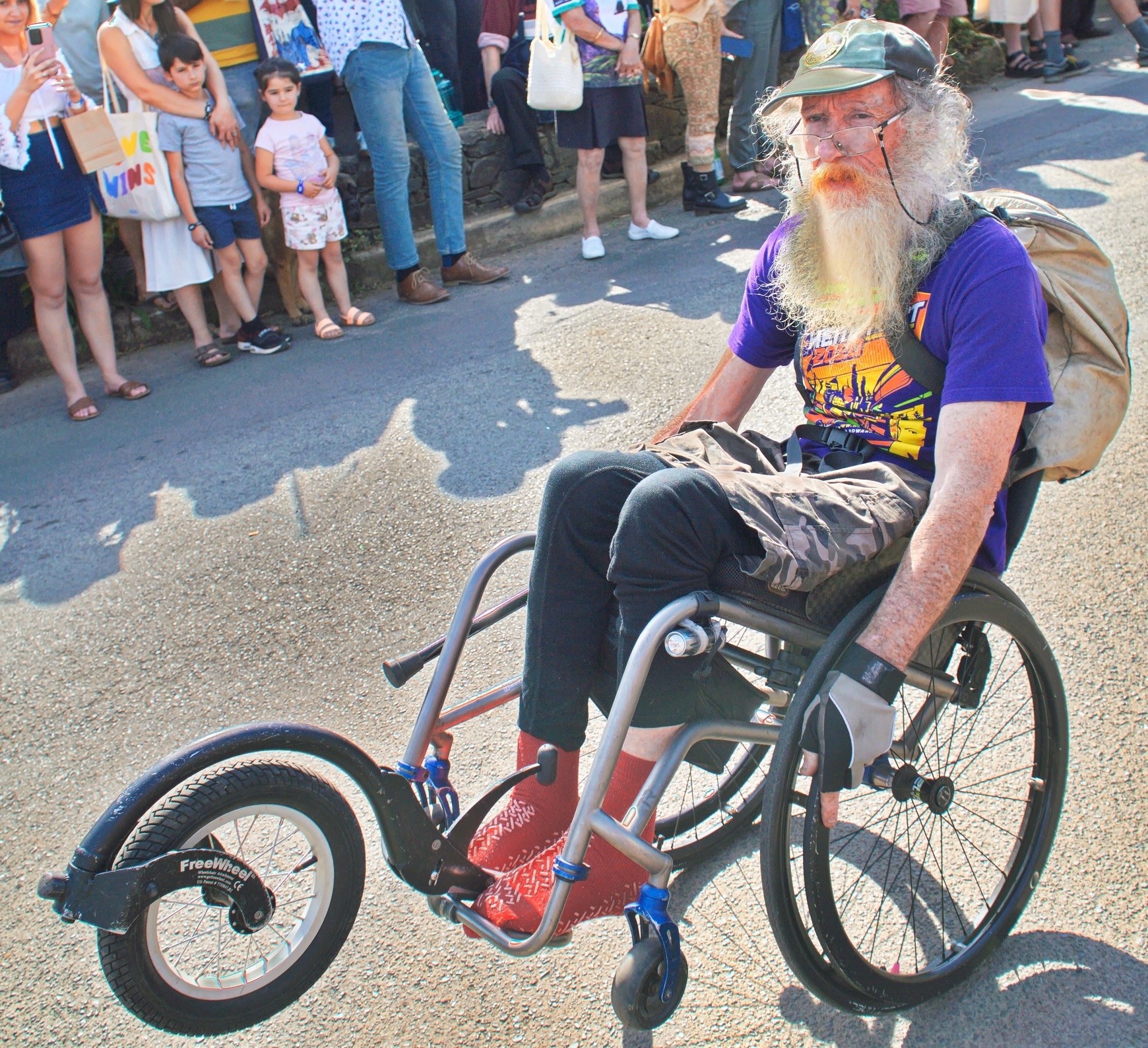Legal Advice
Legal Advice including Roadside Drug Testing and Medicinal Cannabis in NSW
Steve Bolt, Solicitor & Author
In Summary
Cannabis is still an illegal drug in NSW – mostly.
The “mostly” is because many people are now able to access medicinal cannabis on prescription, which is obviously lawful. That is the only exception. But then you have to comply strictly with the terms of the prescription. Otherwise, your possession and use of cannabis remains against the law.
Having a prescription for example does not entitle you to possess cannabis from the black market, only cannabis that has been provided by your doctor.
So, mostly, it is a criminal offence to possess or use or supply or cultivate cannabis.
Cannabis is listed on the schedule of “prohibited drugs” under the NSW drug law (proper name the Drug Misuse and Trafficking Act 1985). It is listed separately for leaf (which includes flowers and buds), resin, oil and growing plants. There are different offence categories based on weight (or number of plants), ranging from “small quantity” to “large commercial quantity”.
So, except as allowed under prescription, any activity involving cannabis – possessing it, using it, growing it or supplying it – is illegal. Supply and cultivation offences are considered more serious than possession. And the larger the quantity involved, the higher the likely penalty.
Police can issue a caution for possession of 15 grams or less. A caution means that there is no charge, so no court and no criminal conviction. You have to give the police your name and address. There are some rules about who qualifies to receive a caution – such as not having a prior record, and not having more than 2 previous cautions – but even if you “qualify”, giving a caution rather than laying a charge for possession is a discretionary decision for the police officer.
Medicinal cannabis
There is no blanket rule that allows cannabis use for medicinal purposes. If you do not have a prescription, the same laws apply to cannabis used for medicinal purposes as for cannabis used for other reasons. Sometimes Courts will apply some leniency to cases involving non-prescribed medicinal cannabis; sometimes they won’t.
Driving and saliva testing
It is an offence to drive a vehicle with the presence of THC (or methamphetamine, MDMA or cocaine) in your saliva. It does not matter how much or how little. The penalty is a fine and probably what’s worse, disqualification of your licence for a period of 3 months.
The police do not have to prove that you were impaired by the drug, only that the drug was present. (There is a separate offence of driving under influence.) THC can be detected in saliva for days after using it.
The police can legally stop and drug test drivers randomly- that is, without having any particular reason. If the saliva swab shows positive, you are required to undergo a second test. The police take a saliva sample and use a machine for preliminary analysis. If the machine shows positive, the police give you a notice not to drive for 24 hours. If negative, you are simply free to go. But either way, that sample is sent to the government laboratory for analysis – and almost always comes back as positive.
Offenders with good driving records might have no conviction recorded, and so keep their licences. However, you can only receive the benefit of that provision once every 5 years.
If the result is positive to THC, police will issue an on the spot fine and 3 month disqualification. You then have to elect to take the matter to court if you want to challenge the penalty or guilt. Offenders with good driving records might have no conviction recorded, and so keep their licences. However, you can only receive the benefit of that provision once every 5 years.
It is a defence to this charge if the Court accepts that you had an honest belief that you did not have THC present in your saliva at the time you were driving, and that belief was held on reasonable grounds.
Possession
To prove possession, the police must prove beyond reasonable doubt that you had the cannabis in your custody or under your legal control, and you knew you had it.
Depending on the circumstances, it might (or might not) be difficult for the prosecution to prove that you knew about the presence of the drug.
That is why the police will always try to get you to talk – to get you to make admissions that you knew you had the cannabis in your bag or whatever – things they otherwise might find difficult to prove.
In cases where more than one person has access to the cannabis – for example, in a communal area in a shared house or in a car with several passengers – the police must rule out, beyond reasonable doubt, the possibility that someone else might be the person in possession.
Supply
Supply includes selling, giving away and agreeing to supply. Sharing cannabis is supply. Supply is treated as a serious offence and of course the penalties get quite severe for supply on a commercial scale.
If the police prove that you were in possession of 300 grams or more of cannabis, you are “deemed” to be in possession for supply and you must prove otherwise (for example, that it was for your personal use).
Charges involving higher amounts are dealt with in the District Court where higher penalties apply and jail is more likely.
Cultivation and possession of plants
Cultivating means some activity to assist growing or harvesting the plant. Cultivating cannabis can include planting or watering or fertilising. But there is also an offence of possessing cannabis plants, where for example, the plants were grown on your property with your consent. The same penalty range applies for cultivation or possession of plants.
There are higher maximum penalties – and trial by judge and jury – for cultivating or possessing more than 250 plants (outdoors). Cases involving fewer than 250 plants are heard by a magistrate in the Local Court.
Growing hydroponically
There is a separate offence in NSW law of cultivating “by enhanced indoor means” (that is, hydroponically). The maximum penalties are a lot higher than for cultivating an equivalent number of plants outdoors.
For offences involving between 5 and 50 plants grown indoors, the maximum penalty is the same as for commercial cultivation, but the police must prove the indoor cultivation was “for a commercial purpose”. If there are more than 50 plants, the commercial purpose is basically assumed and the maximum penalty is the same as for large commercial outdoor cultivation.
More about cautions
Police have a discretion to issue a caution (instead of taking you to court) for small possession charges only. If you are found in possession of less than 15 grams of cannabis “leaf” (but not oil or resin) AND you have no prior convictions AND you admit that the cannabis is yours, you might get a police caution (which is not recorded as a conviction). If you are cautioned a second time, you must attend compulsory drug counselling. On the third occasion, you must go to court.
The cautioning guidelines for young people under 18 are slightly more generous.
What can the police do?
You do not have to say anything to the police, whether you have been arrested or not.
You might say something like, ‘I do not wish to say anything until I get legal advice”. Beware of small talk and being lured into a conversation. Just tell them your name and address.
If you admit anything (or say something that sounds like you’re admitting something), the police can use that in evidence against you.
Searches
Police are legally entitled to enter and search private property only if they have a search warrant, or if they are invited in by one of the occupiers – not necessarily and owner or tenant.
The police have the power to search you personally, or search your vehicle, without a warrant, if the police believe on reasonable grounds that you might be in possession of cannabis (or other prohibited drug).
Sniffer dogs
The police sometimes use sniffer dogs for drug detection. In some places (in licensed premises, at dance parties and music festivals, on trains and buses, and on or near railway stations and bus terminals), the police can use sniffer dogs without a warrant. Otherwise – for example for general street operations – police need to get a warrant to use a sniffer dog.
If a dog indicates to the police handler the presence of drugs, the police will then use that as the basis to search you and your bag.
Likely penalties
The law sets out maximum penalties for the different offences, but the actual penalty imposed in a particular case depends on the circumstances of the case. The most significant factors are usually the type of offence (that is supply, cultivation or possession), the quantity of cannabis involved and whether you have any prior convictions. You should expect a reduced penalty for pleading guilty.
The penalties available includes fines, good behaviour bonds, intensive corrections orders and jail. The court can also decide to find someone guilty of an offence but record no conviction (under a provision known as “section 10”). This might be applied where the quantity is small and the person’s record is very good.
Generally speaking, supply and cultivation offences are considered more serious and are punished more heavily than possession offences.
A first offender pleading guilty to possession of a small amount of cannabis might have no conviction recorded, or get a fine. Someone convicted of supply for profit, especially if it is not their first supply offence, would be looking at jail terms of years.
The best advice? TAKE CARE !!
If you're not up for camping here are other accommodation options in the Nimbin locality.
Camping is also available at the Nimbin Showgrounds, before and after MardiGrass.
MardiGrass is calling for drug free drivers to help locals and visitors during MardiGrass travel safely to and from their accommodation and Nimbin.
Cannabis is still an illegal drug in NSW – mostly. Read more to find out about Cannabis laws in New South Wales.
Welcome to Nimbin! Cannabis is a fantastic safe medicine and a spiritual friend.





